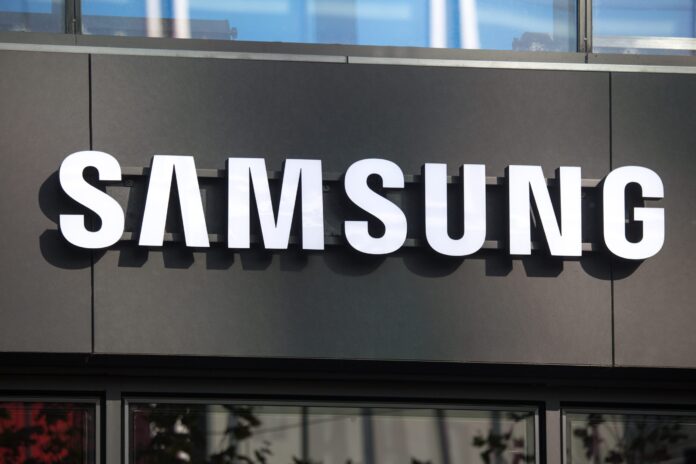Samsung’s Galaxy S24 provided ‘statistically significant’ improvement in 5G download speeds across seven out of 15 countries, according to Ookla testing
Samsung’s newest Galaxy models provide faster median 5G download speeds in about half of the global markets in recent testing by Ookla, and also match up strongly against the Apple iPhone 15 family in terms of performance.
Ookla tracked data from the Galaxy S24 models during their first few weeks on the market, between Feb. 1-March 24 of this year, across 15 countries. In seven of them, the S24 devices put up a “statistically significant lead for median 5G download speeds,” according to an Ookla blog post. Apple’s iPhone 15 models recorded the fastest 5G speeds in only one country—but it wasn’t far behind the S24 in several cases.
Ookla also compared the S24 models’ performance with earlier Galaxy generations, the S23 and S22. The S24 consistently outperformed older Samsung models; in some cases, minimally, but for example in Qatar, the S24 devices clocked a “jaw-dropping median 5G download speed of 971.49 Mbps,” plus the fastest upload speed in the market at 66.52 Mbps. The S22 provided median download speeds of 675.06 Mbps in Qatar, and the S23 models provided 758.49 Mbps; iPhone 15 models posted a median 5G download speed of 788.97 Mbps, Ookla reported. “If speed is your primary concern, the Galaxy S24 series is a compelling option, especially for consumers currently utilizing devices from the Galaxy S22 lineup, which is now over two years old,” the benchmarking and analysis company concluded.
Ookla also found that while S24 models provided the lowest median 5G multi-server latency in 10 of the 15 countries, iPhone 15 models had the highest median 5G latency in 10 markets.
In the U.S. market, Ookla found that the S24 models provided median 5G download speeds of 306.90 Mbps, about 65 Mbps faster than S23 users and 75 Mbps faster than S22 users. iPhone 15 device users in the U.S. see median 5G download speeds of nearly 273 Mbps, according to Ookla’s data. See the full analysis here.
In related news from IDC, according to preliminary data from the company’s quarterly Mobile Phone Tracker, Samsung was back on top of the smartphone market in the first quarter of this year, after being briefly superseded by Apple at the end of 2023.
IDC also found that global smartphone shipments were up 7.8% year-over-year in the first first quarter, to 289.4 million—the third consecutive quarter of growth in shipments and a “strong indicator that a recovery is well underway” for the smartphone market.
“As expected, smartphone recovery continues to move forward with market optimism slowly building among the top brands,” said Ryan Reith, group VP with IDC’s Worldwide Mobility and Consumer Device Trackers. “While Apple managed to capture the top spot at the end of 2023, Samsung successfully reasserted itself as the leading smartphone provider in the first quarter. … As the recovery progresses, we’re likely to see the top companies gain share as the smaller brands struggle for positioning.”
“The smartphone market is emerging from the turbulence of the last two years both stronger and changed,” said Nabila Popal, research director with IDC’s Worldwide Tracker team. “Firstly, we continue to see growth in value and average selling prices (ASPs) as consumers opt for more expensive devices knowing they will hold onto their devices longer. Secondly, there is a shift in power among the Top 5 companies, which will likely continue as market players adjust their strategies in a post-recovery world. Xiaomi is coming back strong from the large declines experienced over the past two years and Transsion is becoming a stable presence in the Top 5 with aggressive growth in international markets. In contrast, while the Top 2 players both saw negative growth in the first quarter, it seems Samsung is in a stronger position overall than they were in recent quarters.”

